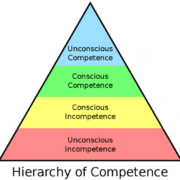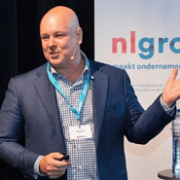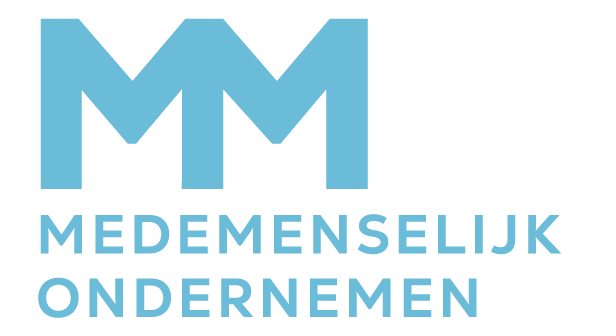Internationalizing your business: What no one will tell you but you will have to figure out.
Looking back, it is clear we made many mistakes, but that is part of scaling up and learning how to create a successful company. We also grew 100% every year for the first 3 years, so we can cut ourselves some slack: It was all about how to test and learn fast to reach our objectives.
Here are the 10 things I wish I knew back then and if you are thinking of internationalizing you will have to figure it out too:
- Pick a market that will support your business: We chose the Netherlands for several factors but one of the most important ones is that the country is extremely easy to operate and you won’t have to worry too much about inefficiencies, bureaucracy or have a deep local knowledge to start. We have seen how hard it can be to operate or work with countries in turmoil and we are glad we got off to a good start here.
- Build your local network fast: Trying to figure out the local market in terms of labor, laws, taxes and partners can be a very time and capital consuming task. We lost a lot of time trying to figure things out by ourselves. Once we focused on building our local network the whole business evolved much faster. Find ways you can start getting in touch with local entrepreneurs and business communities.
- Look for long term local partners on sensitive areas: I cannot emphasize this enough, sometimes we were tempted to start a relationship with an accounting, law or human resources firm based on price and not referral and this has always come back to bite us. For such sensitive areas you need a good and trustworthy partner that will give you accurate information and is as concerned as you are about making the right decisions for your business. Aim to get referrals from your network because one wrong move can cost a lot of time and capital to fix.
- Have a clear strategy for your international team structure: Initially, we basically hired for the same position in our 2 offices (local and international) and did not have a clear strategy on why we needed certain positions in both places. As soon as we saw what was the real need for the business, we stopped thinking location and thought about the position only. COVID has also come to show every company that you don’t need to share the same physical space to be a good team.
- Protect the culture at all costs: While building the company abroad and locally simultaneously, we had several struggles to keep everyone aligned and make sure we had a coherent culture. Bottom line here is that we did not think about the culture as much as we thought about the results. Eventually, we saw the whole company suffered and we did not really create a team, only a group of individuals. Focusing on the culture allowed us to go much further than we ever did before.
- Get to know your customer: We have sold to over 130 countries already and have more than 1M customers, but we focused a lot on scaling sales first and understanding the customer later. There came a point in time in which we were not growing and after finally turning to the customer we found out a thousand ways we could do that. So having reviews and conducting customer interviews and focus groups are very important when you are operating in foreign markets.
- Speak the customer’s language: After listening to the feedback of the customer we also found out how “generic”, “odd” or “foreign” we were presenting ourselves to our audience in many markets. Localizing content, website and features have been instrumental in our growth. We cannot go much deeper in any market if we are not regionalizing ourselves to the fullest. This one is a constant work in progress.
- You need focus while internationalizing: You can get overwhelmed with the opportunities while taking the business abroad (so many markets, channels and customers). The important thing to know is you cannot do it all at the same time: It is important to test and validate your objectives, but there is a time you need to concentrate your time and capital in a few core objectives only. We got lost many times when we were working on 5-10 core projects per quarter without having the capital or the team make them successful. Nowadays we focus on tackling 2-3 core objectives per semester.
- Don’t compare, strategize: You often feel the urge to compare your international business with your local business at every dimension, but that won´t help you find the answers on how to solve your international objectives. When we started looking at how can we use both operations and take the best of both worlds (labor, currencies, procurement, products…) we were able to evolve our local and global ventures at the same time. Strategize and look at what are the assets you have on each operation to make sure they are complementing each other, rather than creating an excess or subtracting from one another.
- You will need time to figure everything out: We are very proud to have been able to internationalize the business. This is not an easy or straightforward task and there aren´t many companies around to talk about this subject with. What we had to learn over the years is that you need time until you put the puzzle together, it can be overwhelming and it is tempting to compare with your local market operations, but the reality is that you are entering a whole new game and you need to learn many things from scratch to be able to succeed. Keep an open mind and work hard to make your adventure a success.
These were the main things that have enabled us to learn and evolve over the years and I hope they can help you take the first steps too. We celebrate our successes while grasping that there is still a lot to learn to make our international move the success we have always planned. We know the road is long and we are taking it one step at a time now.
Deze bijdrage is geschreven door Leonardo Caracas, mentor bij nlgroeit.


















